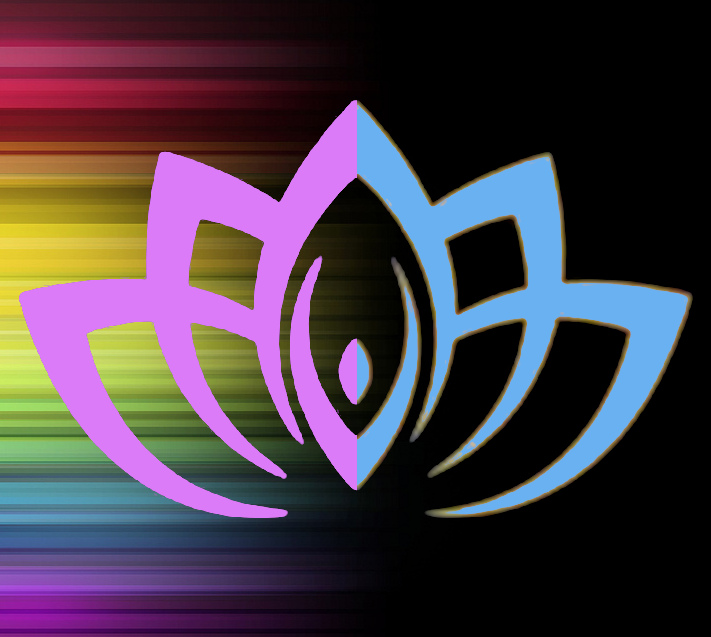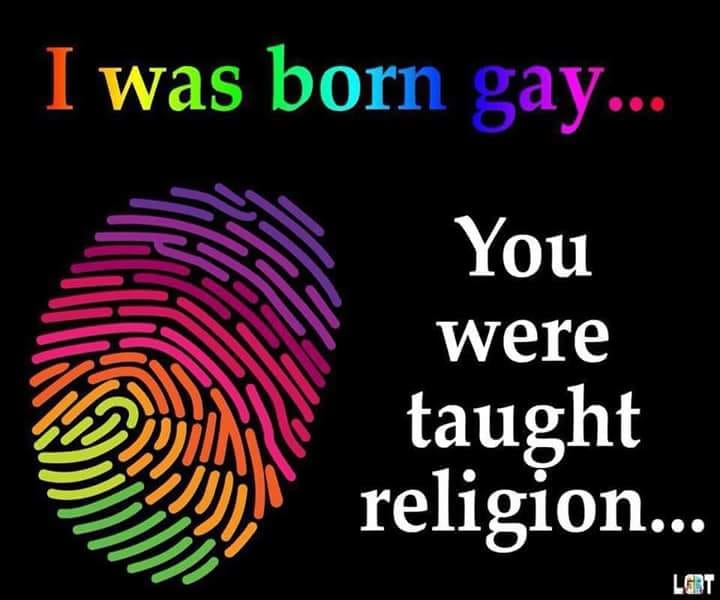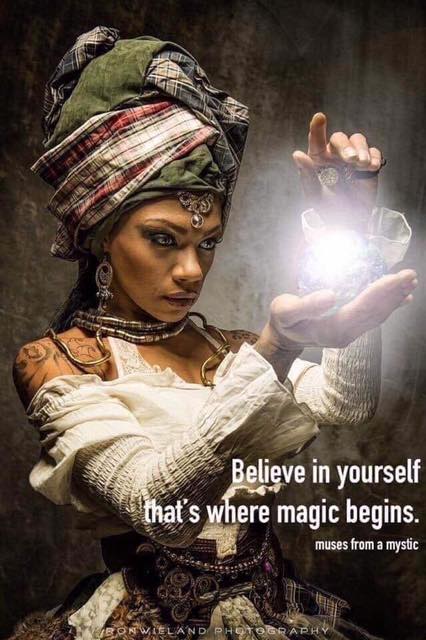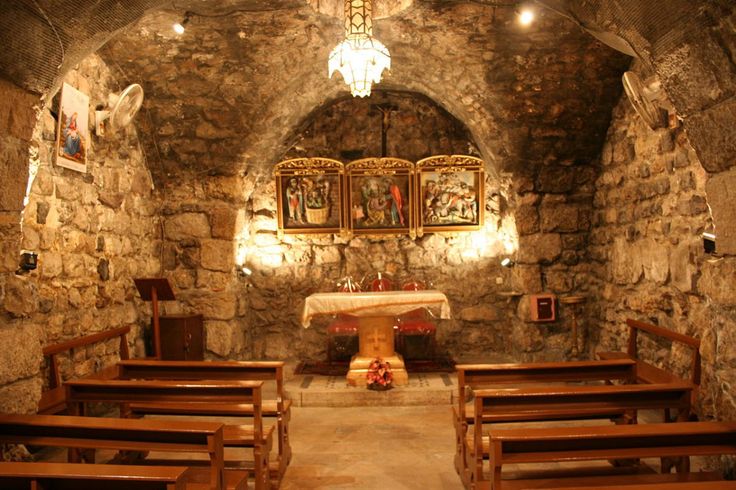
The Contemplative Order of Compassion was originally known as the Franciscan Companions of the Immaculata — a community of Queer Franciscans, who felt called to address the fear and discrimination being faced by people living with and dying from HIV/AIDS in the early 1980s.
Many of these people were denied contact with the outside world, and some were abandoned by their loved ones. And so the members of the Order made sure that everyone on the “AIDS Ward” as well as those released to “go home and get their affairs in order” had regular contact with at least one or two of our community members, so that they would no longer be abandoned and marginalised entirely.
Separating from the Roman Catholic Church, in 2001, the decision was made that we would take up the charism of St. Francis of Assisi, who was unafraid to call out and reject the corruption, politicisation and lack of compassion in the institutional church (and in religion in general) by becoming the first deconstructionist, queer-affirming, non-institutionalised and non-patriarchal Franciscan community and spiritual community.
We reject the Pauline and Augustinian versions of Christianity as being inconsistent with the esoteric spirituality embraced by the Rabbi Jesus of the traditional Christian mythos. Reaching back further to the spirituality of the monks of the Desert Skete, who lived a simple, contemplative life in the deserts of Egypt, Palestine, and Syria, we were inspired by the stories and sayings attributed to the Desert Fathers and Desert Mothers from approximately the 5th century of the Common Era.
For us, the historically-intact lineage or transmission of the teachings of the Palestinian Rabbi, Yeshua (Jesus) and the subsequent wisdom of the Desert Fathers and Desert Mothers, when taken holistically, and in concert with other Wisdom Traditions, forms the basis of a more fluid, authentic and compassionate expression of spirituality; one in which manipulative constructs like sin, salvation, and fear of imaginary places, like “Hell” has no place.
And so the Order would evolve into something that is truly unique.
There are practitioners who are ordained servants of the Community, and some whose practices operate outside of ordained life. Some prefer a more traditional liturgical observance and ritual, while others express their spirituality in a way that is more closely linked to the Taizé Contemplative Liturgy — created by an ecumenical Christian monastic fraternity in Taizé, Saône-et-Loire, Burgundy, France.
We are Queer-Centric

There are many spiritual traditions that respect and honour LGBTQ persons. Here are a few examples:
- Native American spirituality: Many Native American cultures have a long history of accepting and honouring LGBTQ people. For example, the Navajo people have a third gender category called “nadle,” which is neither male nor female. Nadle people are often respected for their unique abilities and insights.
- Hinduism: Hinduism is a diverse religion with many different traditions, but many Hindu texts and teachings affirm the equality of all people, regardless of sexual orientation or gender identity. For example, the Bhagavad Gita, one of the most important Hindu texts, teaches that “all beings are equal in the eyes of God.”
- Buddhism: Buddhism is another diverse religion with many different traditions, but many Buddhist teachings emphasize compassion and non-judgment. This has led many LGBTQ Buddhists to find a sense of acceptance and belonging in that tradition.
- Esotericism: Most modern esotericists believe that all people are sacred, regardless of their sexual orientation or gender identity.
- Queer-centric spirituality: There are also many queer-centric spiritual traditions that have emerged in recent years. These traditions are often created by and for LGBTQ people, and they offer a unique way to explore spirituality and connect with the divine.
Within the context of these historic traditions, we exist as a Queer-Centric Spiritual Sanctuary — a place for LGBTQ+ people, their allies and loved ones and those who value bodily autonomy, freedom sexual expression, liberation of all oppressed people, and those who wish to see the end of patriarchal, white supremacist, Christian nationalism and injustice.
We Recognise All of Life as Sacrament

While we have a solid foundation in Catholic Folk Spirituality, esotericism and mysticism, our view of “sacrament” is not limited to the seven traditional sacraments of Christian tradition.
The word “sacrament” comes from the Latin word “sacramentum“, which means “sacred mystery”.
In Christianity, a sacrament is a religious rite that is believed to be a visible sign of the grace of the Birther of the Cosmos.
There are many different definitions of sacrament, but they all share the following elements:
- An outward sign: A sacrament is something that can be seen and experienced with the senses.
- An inward grace: A sacrament is believed to be a channel of divine grace, which is a gift of the love, wisdom and presence that has been anthropomorphised by primitive cultures into the “God concept”.
- Instituted by Christ: A sacrament is believed to have been instituted by Jesus himself in traditional religious traditions. We do not believe that Rabbi Jesus actually instituted any “sacrament”. We recognise that he, as an master of the Sacred Mysteries of Alexandria, relied on some of the ancient sacraments, often reframing them in ways that were more culturally accessible to people in the first century of the Common Era.
At the centre of our sacramental experience is the experience of Eucharist — a sacred mystery that has its roots in the Eleusinian and Dionysian Mystery Traditions. With this foundation, we recognise Eucharist as the celebration of our Sacred Unity and Oneness. As such, it becomes the centre of a wheel of sacramental experiences that are available to all people, including the sacrament of bodily autonomy, the sacrament of sexual expression, the sacrament of forgiveness, and others.
We Are An Esoteric, Folk-Magic Tradition
Folk magic practices often evolve out of the oppression, colonisation and injustices experienced by a particular people or culture.
Within the context of pre-institutional Catholicism, the Sacred Mysteries were often taught in the homes of the spiritual leaders — women, men and non-binary adepts, who understood the layers of meaning that exist in a Mystery Tradition.
As the institutional church came into being — rife with the agendas of centuries of political and religious figures — that corruption began to oppress the people.
Catholic Folk Magic isn’t a singular practice, but is an organic esoteric response to such oppression. In Mexico, it looks like Brujeria de Rancho, in Southern Italy, it expresses as Benedicaria and Segnature. It’s expressions include the Celtic tradition of home-churches, and the syncretic religious traditions of Gran Caneria in Spain.
The Contemplative Order of Compassion Sanctuary embraces an open, accessible, and unrestricted freedom of expression of one’s personally-held spiritual traditions — including freedom from religion.
We Are Deconstructionist
Cambridge Dictionary states that ‘deconstruction’ is “the act of breaking something down into its separate parts in order to understand its meaning,” and in the context of our spiritual community and core values, deconstruction is an essential component of our rich diversity of spiritual expression and the creation of a safe space for those on such a journey.
Religious or spiritual deconstruction is a term applied to the process of questioning, doubting, and ultimately rejecting aspects of Christian teaching — particularly, institutional religious doctrine, dogma and fearmongering.


